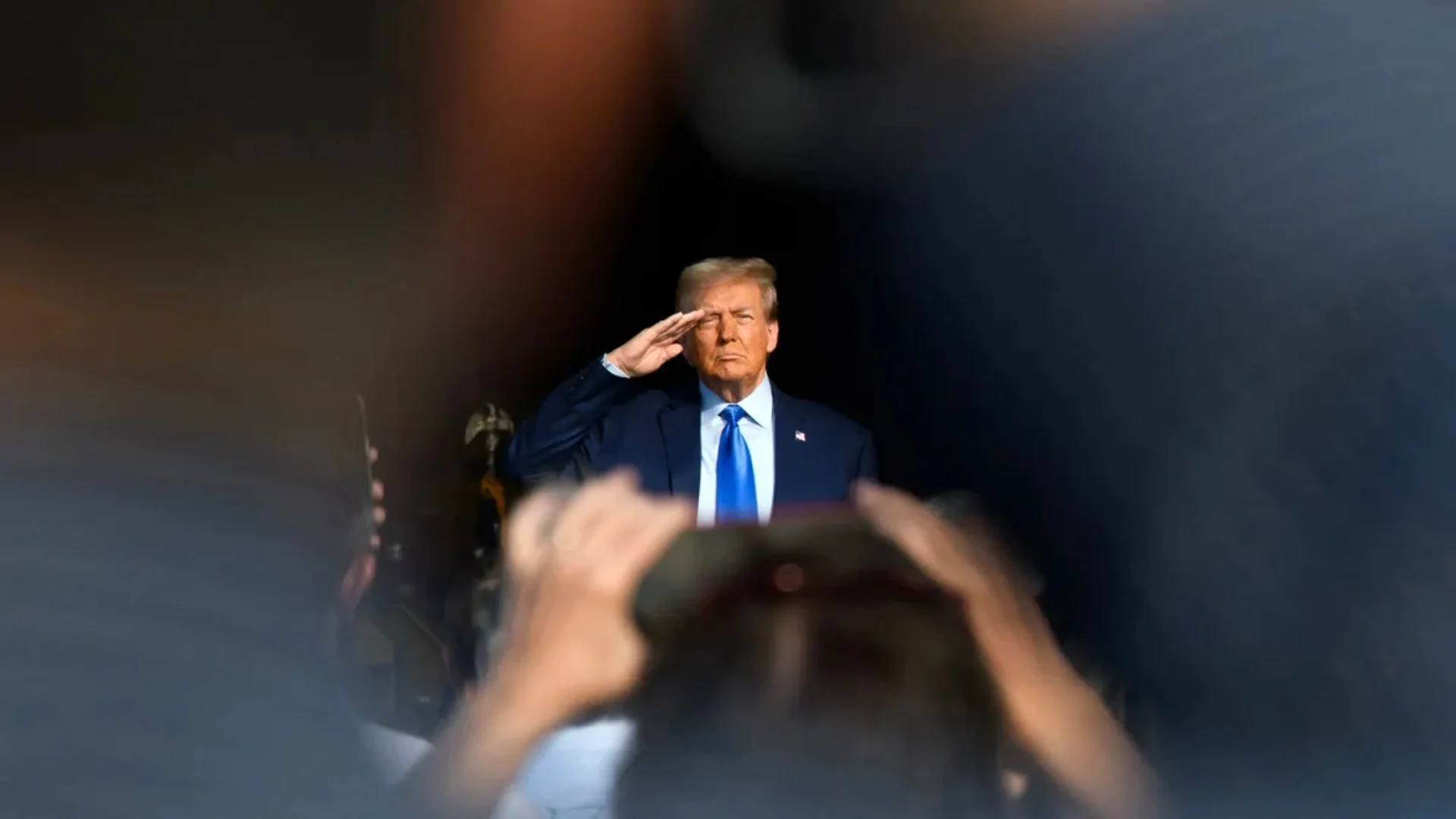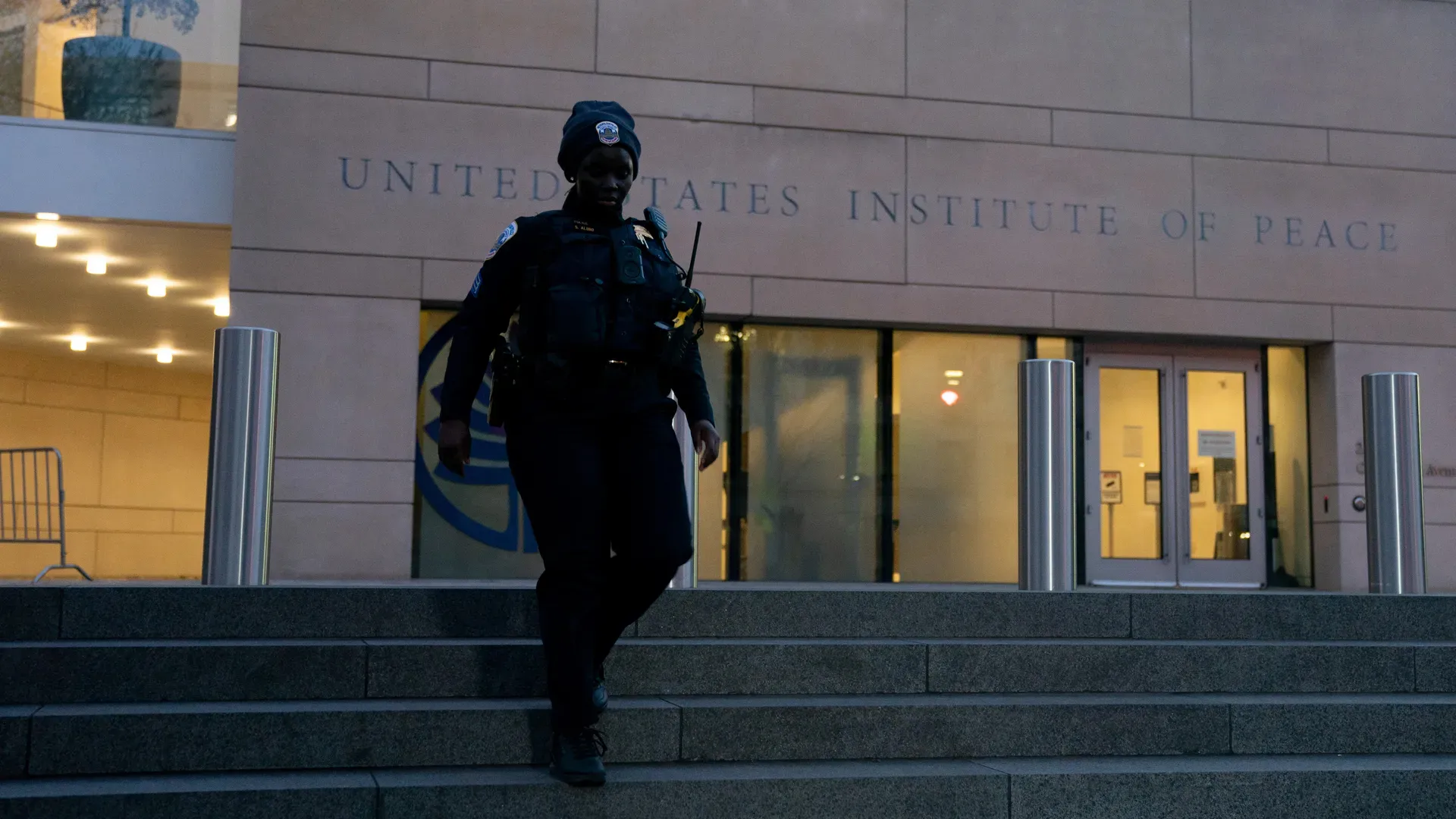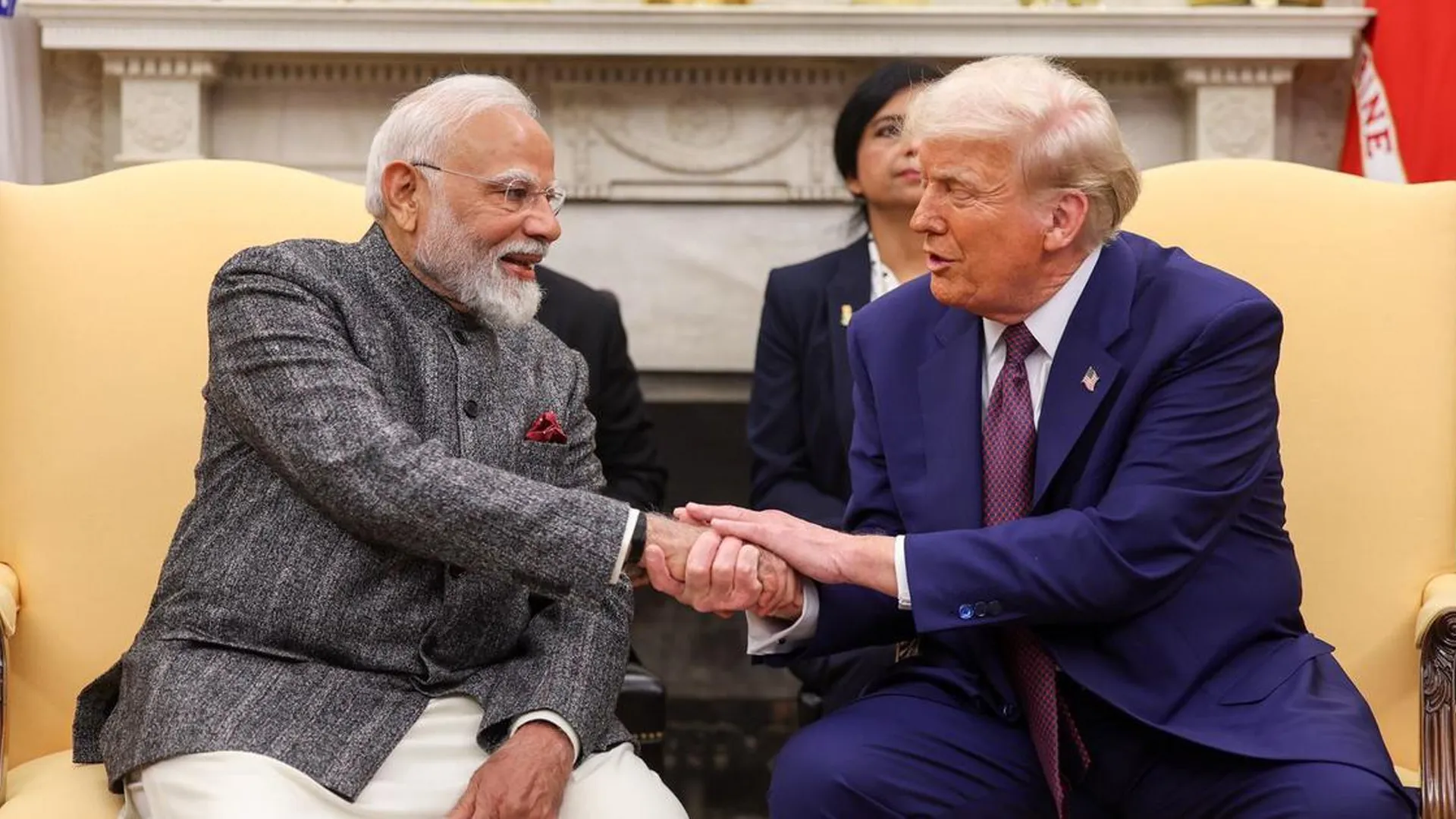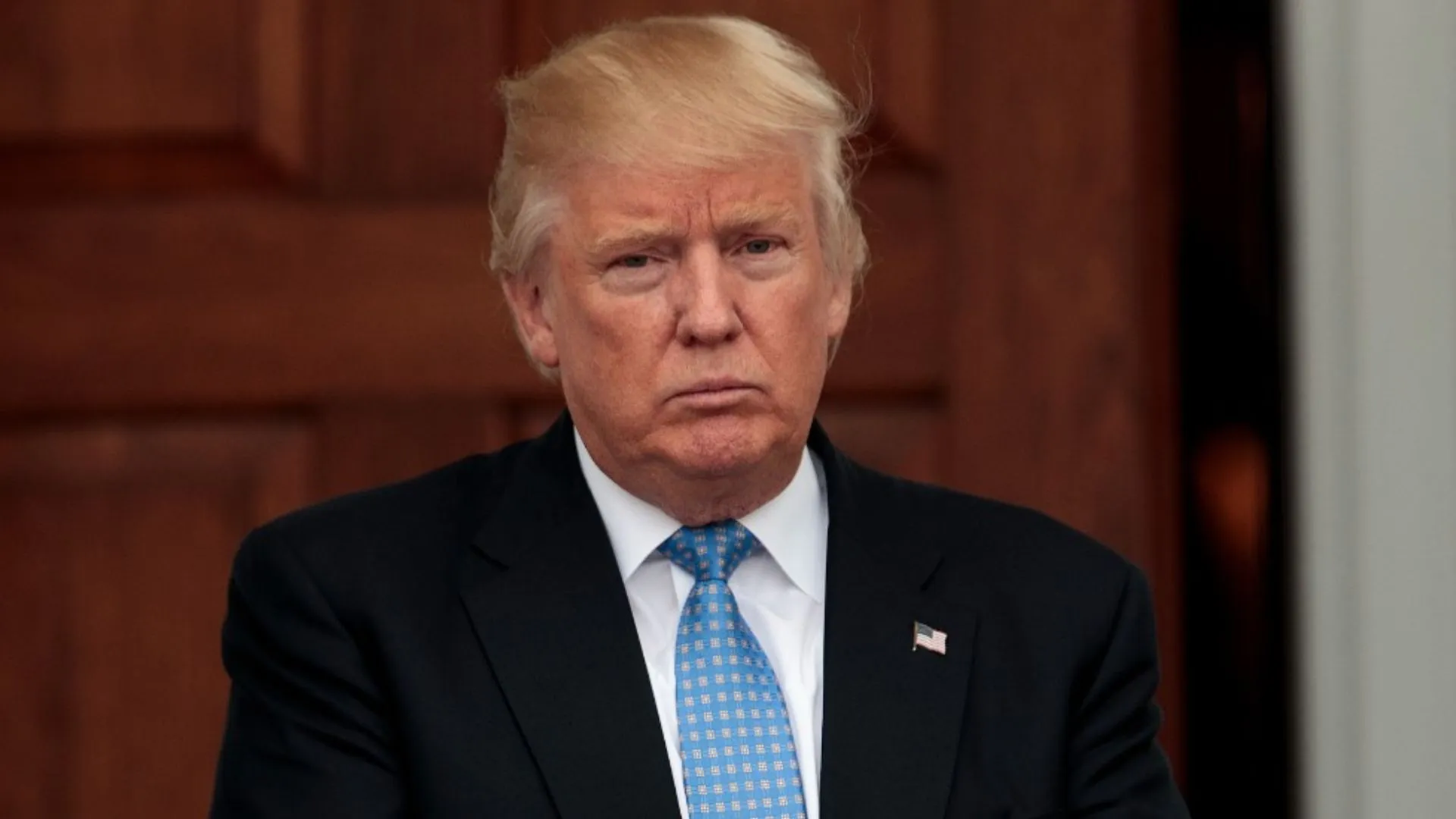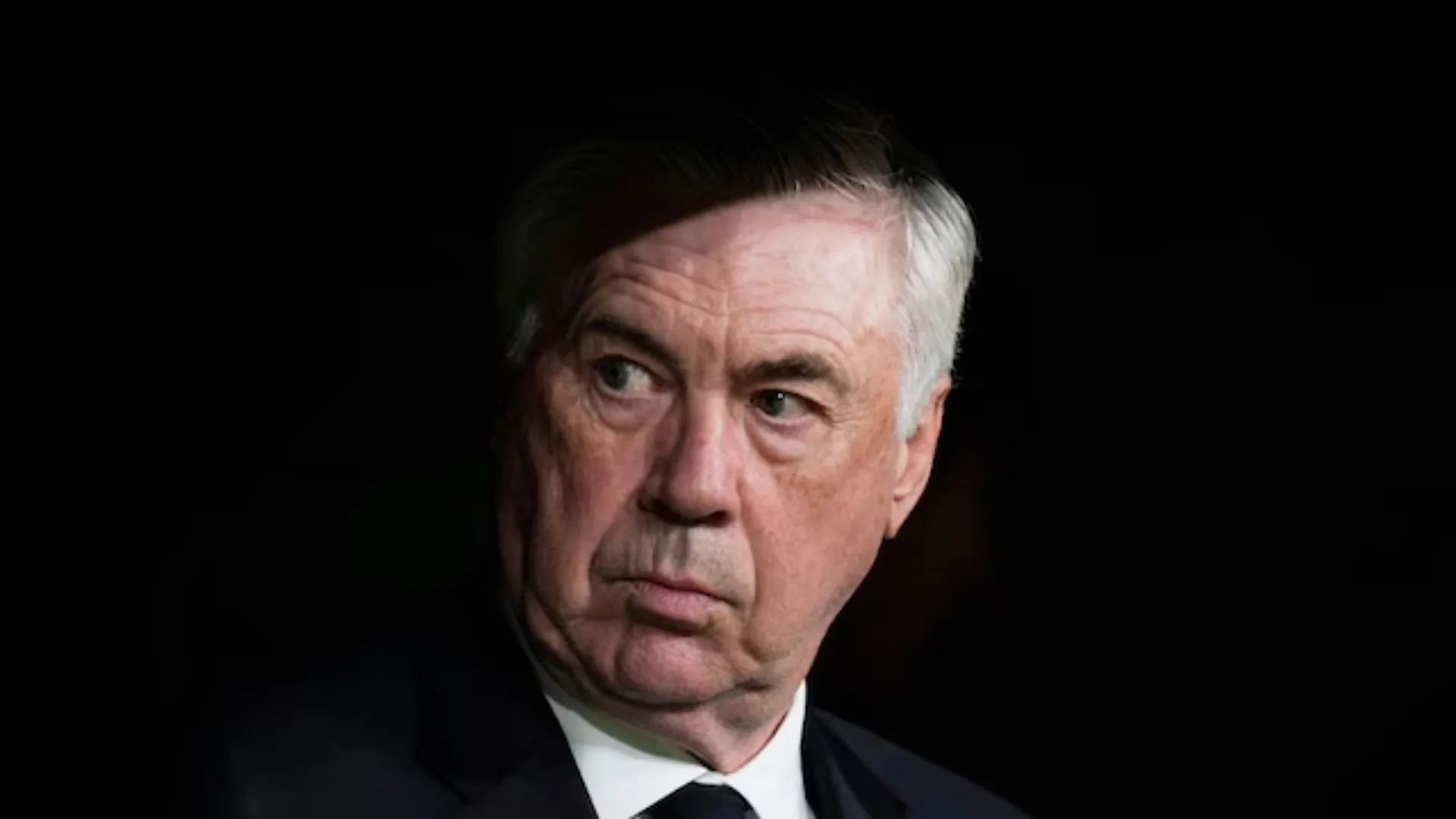The political firestorm involving the security lapse called “Signalgate” has reached a boiling point, with questions of accountability and a deep divide within the conservative movement over Donald Trump’s foreign policy agenda.
At the center of the scandal is a battle between factions over traditional hawks, such as National Security Adviser Michael Waltz, and America Firsters, such as Vice President JD Vance. The argument grew more heated after Waltz welcomed The Atlantic editor Jeffrey Goldberg into a Signal chat about military attacks, while Vance expressed doubt about US intervention in Yemen’s Houthis.
Former National Security Adviser John Bolton, a foreign policy hawk of many years standing, had his say, denouncing Vance’s European security position and justifying America’s traditional support of “freedom of the seas.” Bolton scorned Vance’s hesitation to intervene militarily in the Red Sea, invoking the US struggle against the Barbary pirates during Thomas Jefferson’s time.
The repercussions of “Signalgate” are unclear. Trump, who dislikes political embarrassment, has so far protected Waltz from swift retribution. But rumors are growing that the most senior officials caught up in the scandal, including Waltz and Fox News presenter Pete Hegseth, may be disciplined in the next few months.
Aside from the controversy, Bolton also spoke about Trump’s foreign policy position, which asserts that the former president’s fondness for Russian President Vladimir Putin puts America at risk. He also attacked Trump’s uncertain position on China, most notably his reluctance to implement a TikTok ban.
Even as he made his criticisms, Bolton recognized Trump’s success at reducing illegal immigration, speculating that his policies along the border were working. As Trump’s presidency remapped international relations, the intraparty GOP fight over America’s place in the world seems anything but over.

